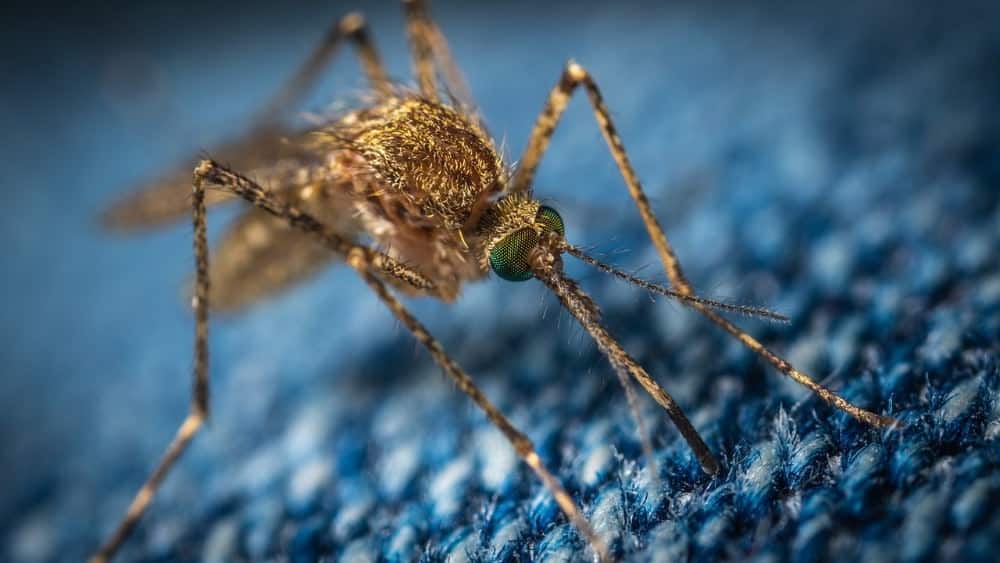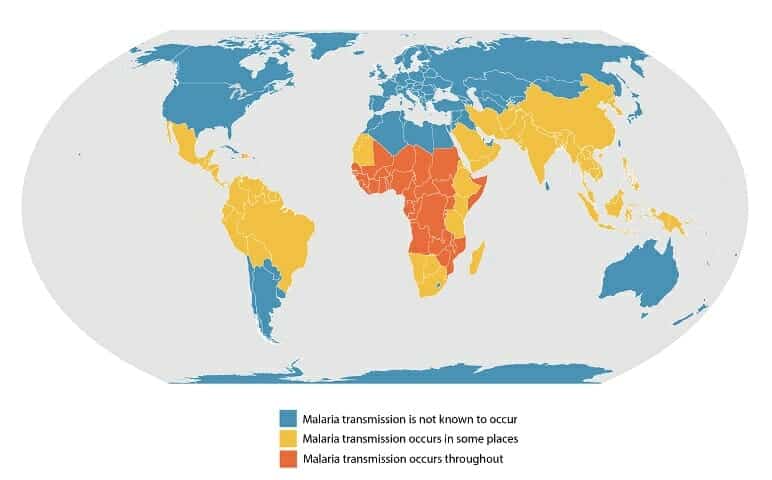Now that we are getting into biting season, the mosquito moaners are starting to emerge. ‘I’ve got twelve all on my right ankle’. ‘Oh that’s nothing, I have seven on each armpit’. The mosquito moaners put a real dampener on positive summer energy. If you don’t know a moaner yourself, let’s face it, you probably are one. Luckily, North Carolina State University researchers bring good news.
They have successfully trialled insecticide-free, mosquito-resistant clothing using textile materials they confirmed to be bite-proof in experiments with live mosquitoes. One brave soul volunteered to wear the clothing in a cage with 200 live mosquitoes and came out completely free of bites. Researchers have tested material of varying thickness, in order to cater for clothing for all types of weather. One is less than a millimetre thick, with very small pores which prevent a mosquito from sticking its mouth through the material.
Vector Textiles, an NC State startup company, has licensed the related patent rights and has made plans to sell the material as clothing products in the US. Professor Michael Roe from NC State has commented:
‘Everyday clothing you wear in the summer is not bite-resistant to mosquitoes. Our work has shown that it doesn’t have to be that way. Clothes that you wear every day can be made bite-resistant. Ultimately, the idea is to have a model that will cover all possible garments that person would ever want – both for the military as well as for private use.’
The bigger picture
Mosquitoes are a real pain. The itchy rash that most of us have experienced is actually a reaction to their saliva. But in some countries, the critters pose a far more serious threat. In humid tropical regions, mosquitoes thrive all year round and transmit deadly diseases such as malaria, yellow fever, Zika, and other viruses. In consequence, mosquitoes cause more deaths than any other animal group: over one million each year. This in turn has placed a huge economic burden on countries home to large mosquito populations. According to the WHO, Africa loses $12bn per year in lost production due to malaria.
The discovery of the North Carolina State University researchers is a ground-breaking step towards managing the effects of mosquitoes. They might only have a body length of 3mm and an average lifespan of just 17.5 days, but these infuriating insects have been causing a nuisance since the Stone Age. It is time for humans to bite back.















